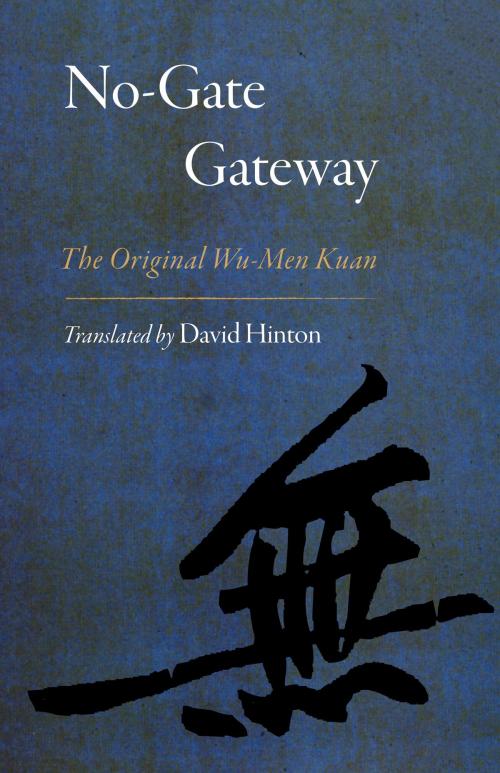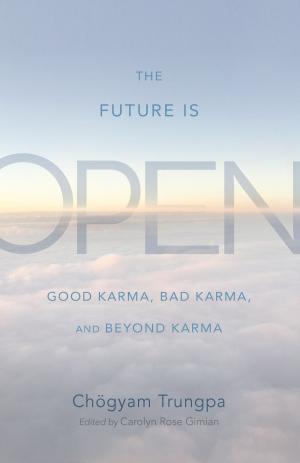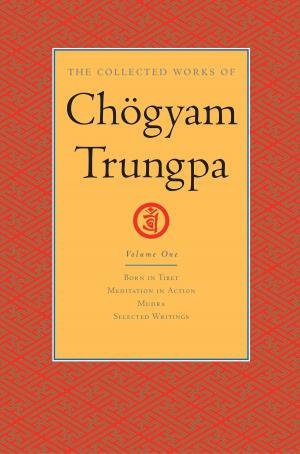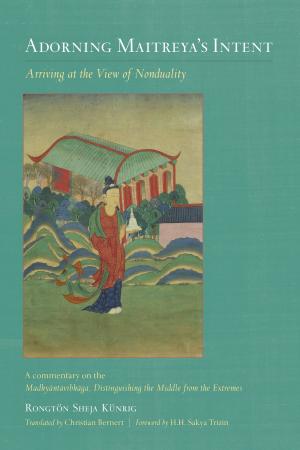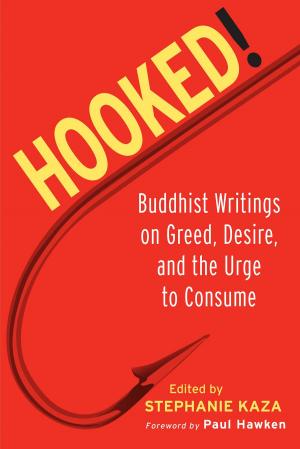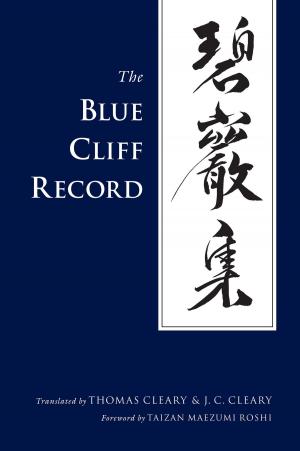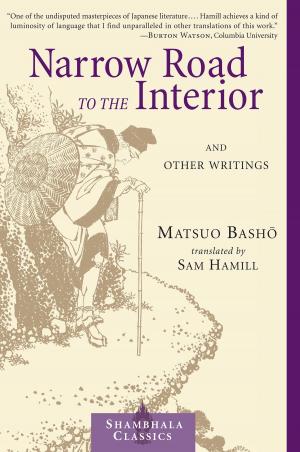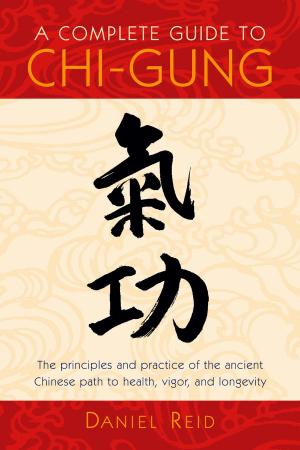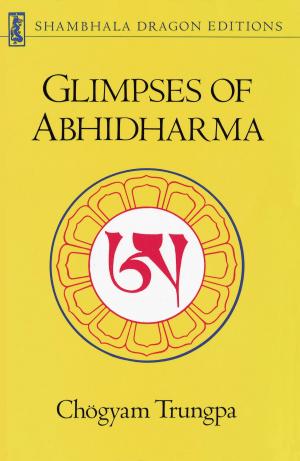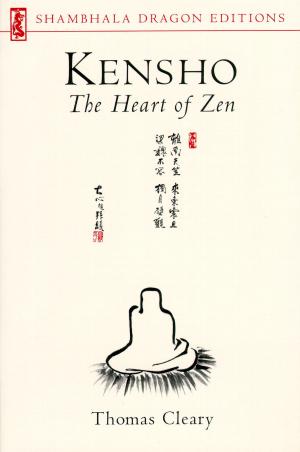No-Gate Gateway
The Original Wu-Men Kuan
Nonfiction, Religion & Spirituality, Eastern Religions, Zen Buddhism, Philosophy, Eastern, Fiction & Literature, Poetry| Author: | David Hinton | ISBN: | 9780834841376 |
| Publisher: | Shambhala | Publication: | February 27, 2018 |
| Imprint: | Shambhala | Language: | English |
| Author: | David Hinton |
| ISBN: | 9780834841376 |
| Publisher: | Shambhala |
| Publication: | February 27, 2018 |
| Imprint: | Shambhala |
| Language: | English |
A new translation of one of the great koan collections--by the premier translator of the Chinese classics--that reveals it to be a literary and philosophical masterwork beyond its association with Chan/Zen.
A monk asked: “A dog too has Buddha-nature, no?” And with the master’s enigmatic one-word response begins the great No-Gate Gateway (Wu-Men Kuan), ancient China’s classic foray into the inexpressible nature of mind and reality. For nearly eight hundred years, this text (also known by its Japanese name, Mumonkan) has been the most widely used koan collection in Zen Buddhism—and with its comic storytelling and wild poetry, it is also a remarkably compelling literary masterwork. In his radical new translation, David Hinton places this classic for the first time in the philosophical framework of its native China, in doing so revealing a new way of understanding Zen—in which generic “Zen perplexity” is transformed into a more approachable and earthy mystery. With the poetic abilities he has honed in his many translations, Hinton brilliantly conveys the book’s literary power, making it an irresistible reading experience capable of surprising readers into a sudden awakening that is beyond logic and explanation.
A new translation of one of the great koan collections--by the premier translator of the Chinese classics--that reveals it to be a literary and philosophical masterwork beyond its association with Chan/Zen.
A monk asked: “A dog too has Buddha-nature, no?” And with the master’s enigmatic one-word response begins the great No-Gate Gateway (Wu-Men Kuan), ancient China’s classic foray into the inexpressible nature of mind and reality. For nearly eight hundred years, this text (also known by its Japanese name, Mumonkan) has been the most widely used koan collection in Zen Buddhism—and with its comic storytelling and wild poetry, it is also a remarkably compelling literary masterwork. In his radical new translation, David Hinton places this classic for the first time in the philosophical framework of its native China, in doing so revealing a new way of understanding Zen—in which generic “Zen perplexity” is transformed into a more approachable and earthy mystery. With the poetic abilities he has honed in his many translations, Hinton brilliantly conveys the book’s literary power, making it an irresistible reading experience capable of surprising readers into a sudden awakening that is beyond logic and explanation.
